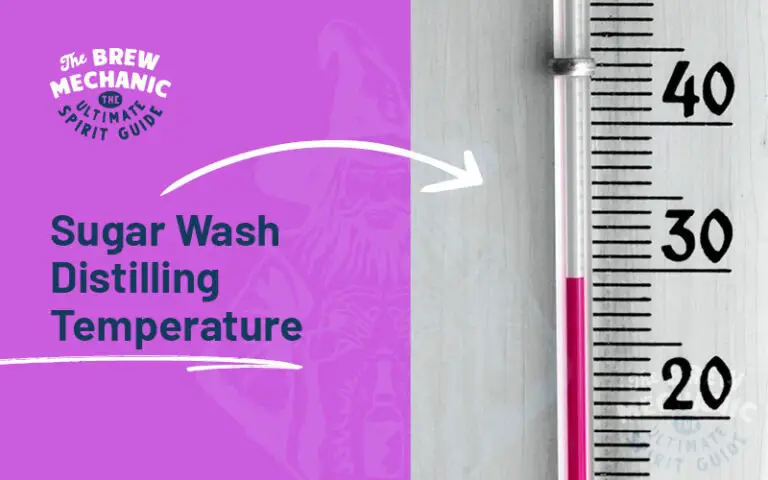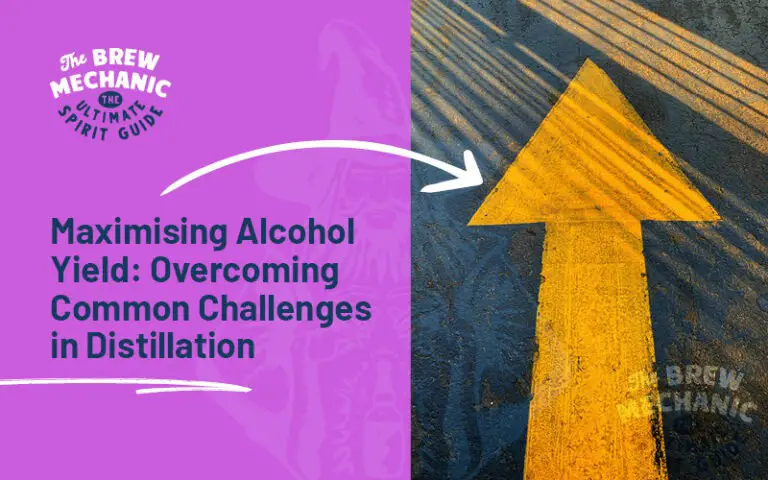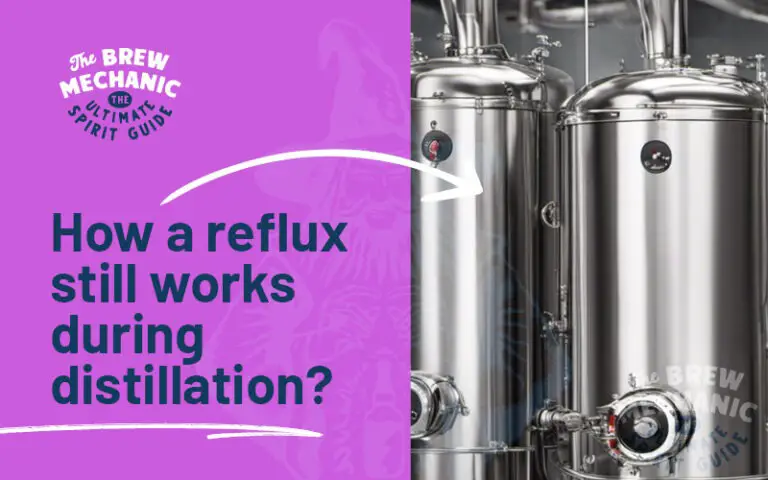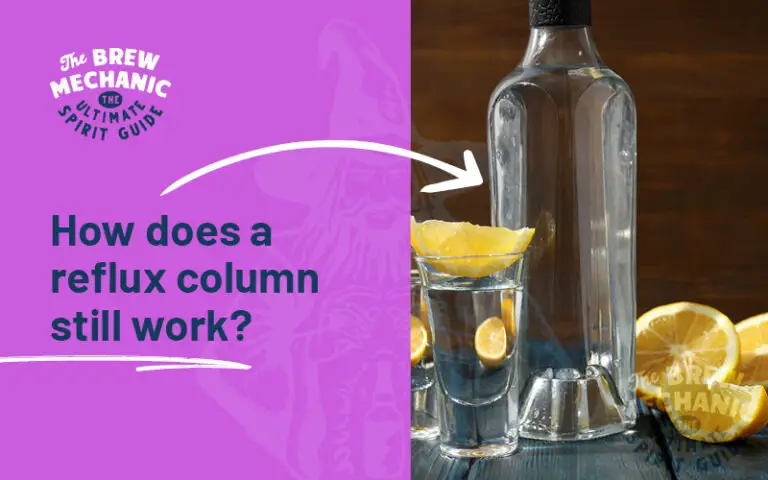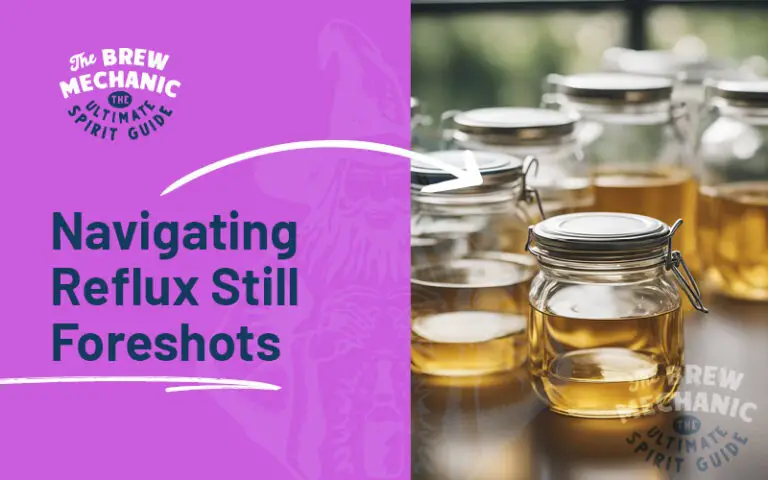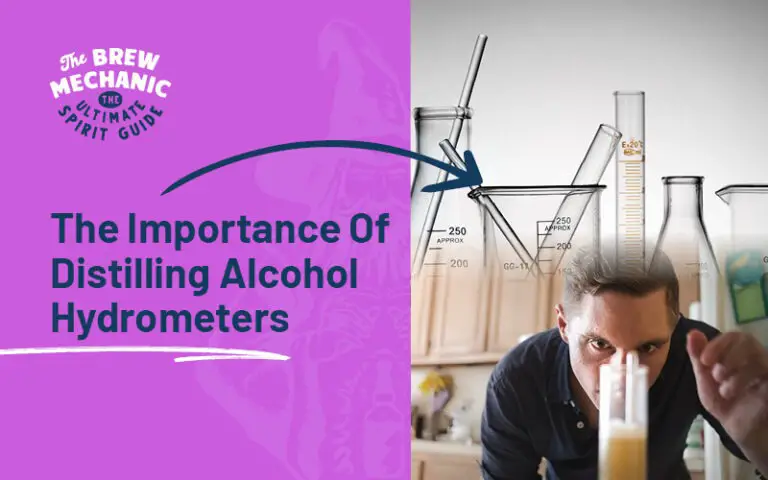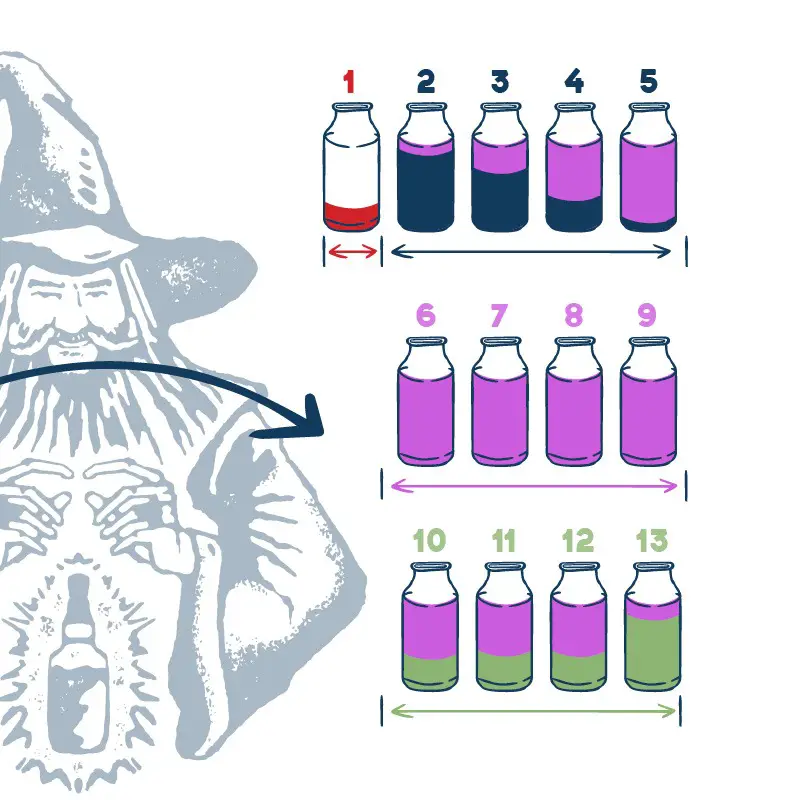Reasons for my alcohol wash not clearing
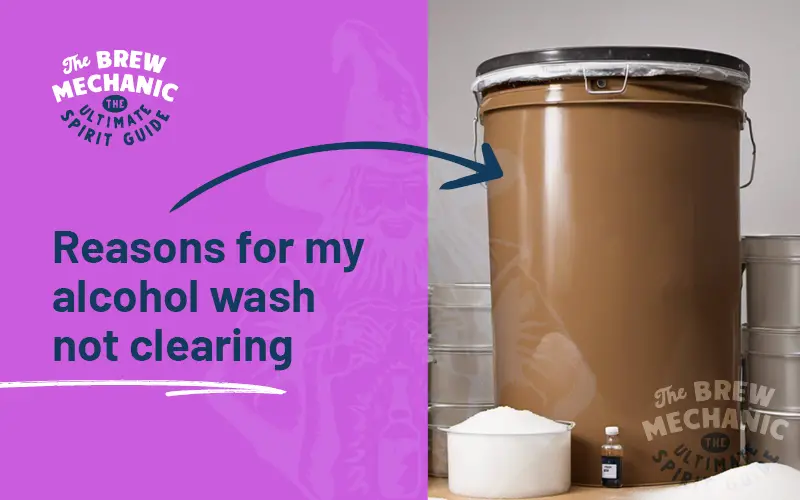
Disclaimer: This post might include affiliate links, through which I may earn a small commission without any extra cost to you. Additionally, I am an Amazon Associate and earn from eligible purchases. All the products and services I suggest are ones I have personally used or would use. Thank you very much for your support if you decide to buy through any of my links!
Come join the Distilling Squad!
Get the best fundamental tips & tricks here. Woohoo!
When the alcohol wash is not clearing up as expected, it can be pretty frustrating. This problem often arises due to a couple of key issues related to the preparation and handling of the wash before adding clarifying agents like flocculant.
Here’s a breakdown of the main reasons why your alcohol wash might not be clearing up:
Struggling with an alcohol wash not clearing?
Let’s sum this up if your alcohol wash not clearing. Make sure to thoroughly degas your wash and confirm that fermentation has fully completed using a final gravity test before adding flocculant into your brew container.
This ensures that the clarifying agents can do their job effectively, leaving you with a clear, stable, and high-quality alcoholic spirit.
Last Updated on May 02, 2024 by The Brew Mechanic
Disclosure: I may receive affiliate compensation for some of the links below at no cost to you if you decide to purchase a product or service. You can read our affiliate disclosure in our privacy policy. The information provided is for entertainment only.

With 35 years of knowledge of being a chemical engineer in alcohol manufacturing plants, my mission is to teach the next generation of home distilling alcohol brewers at a supernatural speed.
My reviews are based on real-life experiences with reflux stills, sugar wash, troubleshooting and mystical chemical reactions.

